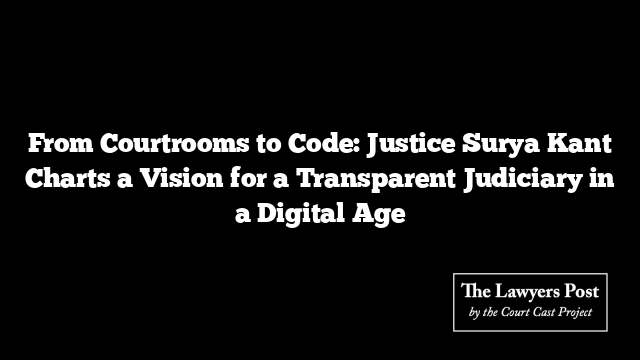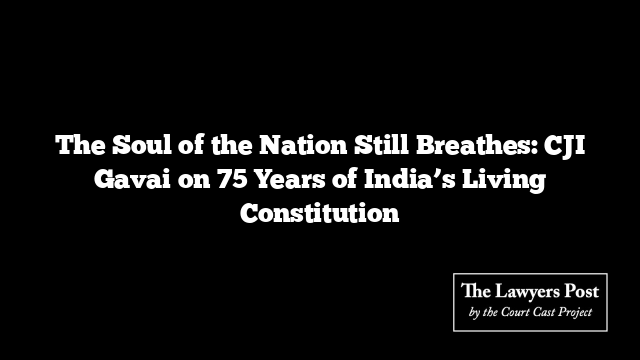In a blistering rebuke cloaked in finality, the Supreme Court has refused to show leniency to an Indo-Tibetan Border Police (ITBP) constable dismissed for robbing the very cash box he was assigned to protect. The top court made it abundantly clear—discipline is non-negotiable, and betrayal from within the ranks warrants nothing short of dismissal.
The constable, Jageshwar Singh, once a trusted sentry stationed in a sensitive border zone, was caught red-handed in what the Court described as a “grave and alarming” breach of trust. On a July night in 2005, he reportedly broke the lock on a secured cash box meant for troop disbursals, stole the money, and vanished into the dark. When the law caught up, he confessed. A court of inquiry confirmed the misconduct, and by November of that year, he was out of uniform—dismissed from service.
Still, Singh didn’t walk away quietly. He approached the Uttarakhand High Court, which acknowledged his guilt but questioned whether outright dismissal was proportionate. The High Court noted his cooperation and repentance, nudging the authorities to reconsider if a milder punishment might suffice. When the Union’s appeal against this direction failed before a division bench, the matter landed before the apex court.
The Supreme Court, however, wasn’t in the mood to dilute standards. In strong words, Justices Surya Kant and N. Kotiswar Singh upheld the Union’s stance, stating that “zero tolerance” must apply when those entrusted with protection commit betrayal. The constable, the Court said, “became the looter”—a violation not just of rules, but of the very foundation of military trust.
Pointing to Singh’s history of eight prior instances of misconduct, the bench noted this wasn’t a one-time slip but part of a pattern. And when someone in a paramilitary force—where discipline is the spine of service—crosses a line this gravely, the consequences must match the breach.
While acknowledging that the doctrine of proportionality does allow courts to interfere in matters of punishment when authority acts arbitrarily or vindictively, the judges emphasized: this was not such a case. The punishment, they said, was not just appropriate—it was necessary.
With that, the Supreme Court restored the original order, setting aside the High Court’s attempt to soften the blow.





